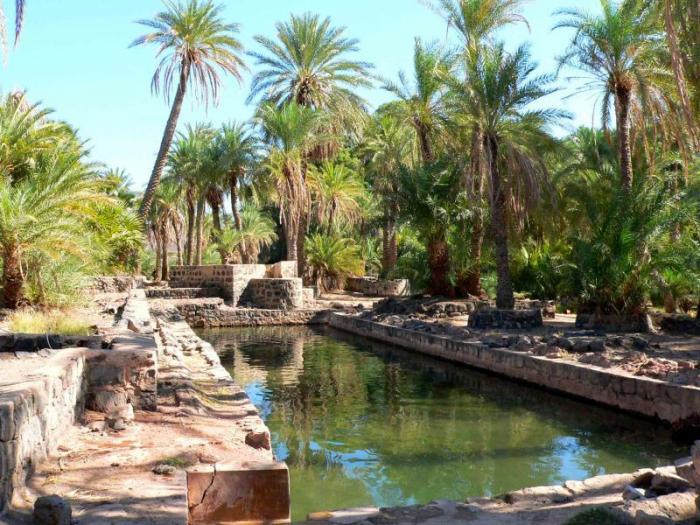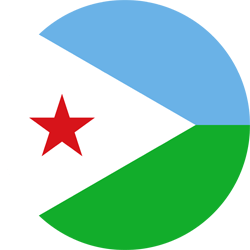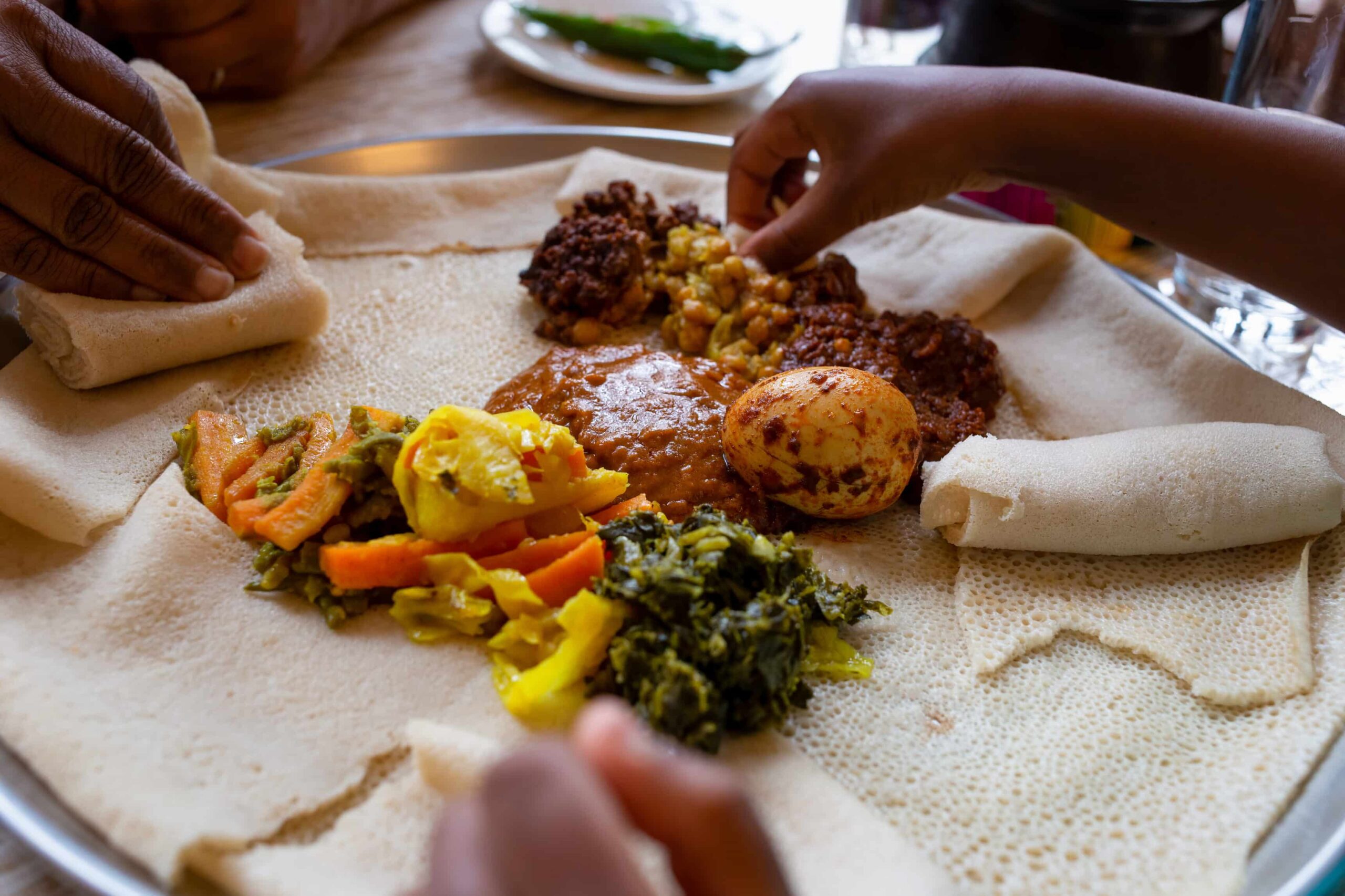Djibouti travel tips
Djibouti travel tips: In the Horn of Africa, is a small nation with strategic importance, featuring diverse landscapes, cultures, and maritime activities.
Regions 🌎
Djibouti travel tips. Here is a list of all the regions of the Djibouti.

Djibouti

Arta

Dikhil

Tadjourah

Obock

Ali Sabieh
Before you go 🛩
Important information you should know before your trip
Info

Capital | Djibouti
Flag Codes:
ISO alpha-2 DJ,
ISO alpha-3 DJI
Currency
Badge | Djiboutian Franc
CODE | DJF
NUMBER | 262
SYMBOL | Fr
FRACTION | penny
Mobile Coverage
Dialing Code | +253
SIM Card
Coverage | 3G / 4G / 5G |
Mobile Networks | Evatis Mobile |

Location
Djibouti is a small country located in the Horn of Africa. It is situated in the eastern part of Africa, on the northeastern coast of the continent. Here are the geographical coordinates and some details about the location of Djibouti: Latitude: Approximately 11 degrees to 12 degrees north latitude. Longitude: Approximately 42 degrees to 44 degrees east longitude
Djibouti is strategically positioned at the southern entrance to the Red Sea, overlooking the Bab-el-Mandeb strait, which separates the African continent from the Arabian Peninsula. It shares land borders with Eritrea to the north and west, Ethiopia to the west and south, and Somalia to the southeast. To the east, Djibouti has a coastline along the Gulf of Aden and the Red Sea.
The capital city of Djibouti is also named Djibouti, and it serves as the country’s largest city and main port. Djibouti’s strategic location along major international shipping routes has contributed to its importance as a regional transportation and trade hub.
Currency
The currency of Djibouti is the Djiboutian Franc, abbreviated as DJF.
It is the official currency used in the Republic of Djibouti, a country located in the Horn of Africa.
The Djiboutian Franc is abbreviated as DJF and is often represented by the symbol “Fdj” or “Fr.”
It is further subdivided into smaller units called centimes.
Please note that while the Djiboutian Franc is the official currency of Djibouti, the United States Dollar (USD) is also widely accepted and used in many commercial transactions and businesses in Djibouti.
Languages
Djibouti is a multilingual country with several languages spoken due to its diverse ethnic makeup and history. The official languages of Djibouti are:
French: French is one of the official languages and is used in government, education, and business. It is the primary medium of instruction in schools.
Arabic: Arabic is the other official language of Djibouti. It is widely spoken and used in everyday communication, particularly in the Muslim community.
In addition to French and Arabic, several other languages are spoken by various ethnic groups in Djibouti. Some of these languages include:
Somali: Somali is widely spoken, especially by the Issa Somali community. It is not an official language but is used in daily life.
Afar: Afar is spoken by the Afar ethnic group, particularly in the northern part of Djibouti. It is not an official language but is widely used.
Amharic: Amharic is spoken by the Ethiopian community in Djibouti.
Oromo: Oromo is spoken by the Oromo community, primarily near the Ethiopian border.
Other Languages: There are also smaller communities speaking languages such as Saho and Arabic dialects.
Climate 🌡
Djibouti, located in the Horn of Africa, experiences a hot desert climate, which is characterized by high temperatures and low precipitation levels. Here are the key features of Djibouti’s climate:
High Temperatures: Djibouti has extremely high temperatures throughout the year, with daytime temperatures often exceeding 40 degrees Celsius (104 degrees Fahrenheit) during the hottest months. The highest temperatures are typically recorded in the summer months.
Low Precipitation: Djibouti is one of the driest countries in the world. It has very low annual rainfall, with the majority of the country receiving less than 250 millimeters (10 inches) of rain per year. Rainfall is highly variable, and some areas in the interior may receive even less precipitation.
Seasonal Variation: Djibouti experiences two main seasons: a hot, dry season and a warm, slightly less dry season. These seasons correspond to the winter and summer months, respectively.
Hot, Dry Season: This season typically occurs from June to September, with extremely high temperatures and little to no rainfall.
Warm, Dry Season: From October to April, Djibouti experiences relatively warm temperatures, and although it is still dry, there is a slight decrease in heat compared to the summer months.
Coastal Influence: Coastal areas, including the capital city of Djibouti City, tend to have slightly milder temperatures due to the moderating influence of the Red Sea. Coastal regions also experience slightly higher humidity levels, but the overall climate remains arid.
Dust and Sandstorms: Dust and sandstorms are not uncommon in Djibouti, particularly during the dry season. These can reduce visibility and affect daily life.
Limited Vegetation: The arid climate and low rainfall levels limit vegetation growth in Djibouti. The country’s landscape is dominated by desert and rocky terrain.
Djibouti travel tips
If you’re planning a trip to Djibouti, here are some travel tips to enhance your experience:
Visa Requirements:
Check visa requirements before traveling to Djibouti; obtain necessary permits in advance.
Health Precautions:
Get required vaccinations and carry essential medications; drink bottled water.
Local Cuisine:
Try traditional dishes like Skoudehkaris (rice with meat) and Somali tea; explore local markets.
Cultural Respect:
Respect local customs, particularly during religious events; dress modestly when visiting mosques.
Transportation:
Use reputable transport services; negotiate taxi fares in advance. View Guide.
Diving and Snorkeling:
Experience the vibrant marine life in the Gulf of Tadjoura; consider diving and snorkeling.
Outdoor Exploration:
Explore the diverse landscapes, including Lake Assal and the Ardoukoba Volcano.
Enjoy your time in Djibouti!

The best of the best
Djibouti, located in the Horn of Africa, has a cuisine influenced by its location and cultural diversity. The cuisine of Djibouti features a mix of Somali, Afar, and other East African, Arab, and French culinary traditions.

Injera
Injera is a spongy, sourdough flatbread that is a staple in Djiboutian cuisine.

Skoudehkaris
Skoudehkaris is a popular and traditional Djiboutian rice dish made with seasoned rice cooked with spices, vegetables, and often goat meat or chicken.

Sambusa (Samboosa)
These are deep-fried pastries filled with ingredients like minced meat, vegetables, and spices. Sambusas are a common snack or appetizer.
Here are some typical foods and dishes you might find in Djibouti:
Lahoh (Laxoox): Lahoh is a type of sourdough pancake or flatbread made from a batter of flour, water, and a bit of yeast. It’s similar to injera and is often served with stews or as a breakfast dish.
Maraq (Soup): Various types of soups, or maraq, are prepared in Djibouti. They can include ingredients like lentils, vegetables, and meat, flavored with spices like cumin and coriander.
Bariis Iskukaris: This is a fragrant rice dish often made with basmati rice, seasoned with spices, and cooked with vegetables and meat.
Bananas and Dates: Fruits like bananas and dates are commonly consumed in Djibouti due to their availability in the region.
Xalwo (Halwa): Xalwo is a sweet treat made from sugar, butter, and sometimes sesame seeds or nuts. It is similar to halva and is often served at special occasions.
Doolo: Doolo is a fermented milk product similar to yogurt, which may be flavored with spices or herbs. It is enjoyed as a refreshing beverage or a side dish.
Spices: Djiboutian cuisine uses a variety of spices, including cumin, coriander, cardamom, and cinnamon, to add flavor to dishes.
Seafood: Given Djibouti’s location along the Red Sea, seafood such as fish and shrimp is an important part of the diet in coastal areas.
Djiboutian cuisine reflects the country’s diverse cultural influences and its reliance on ingredients that are readily available in its arid environment. Traditional dishes are often shared with family and friends, and communal eating is a common practice in Djibouti.
Transportation 🚥
More information about this country
Choose your destination 📍🗺
Useful Links ✅



